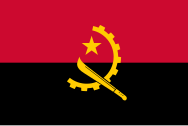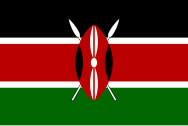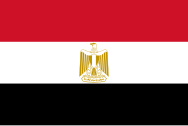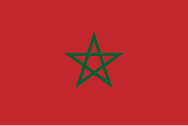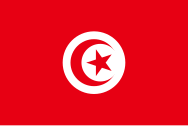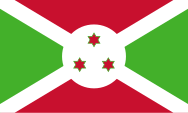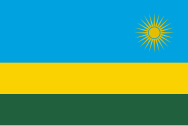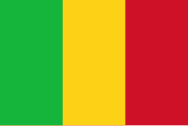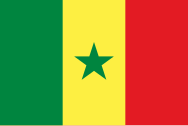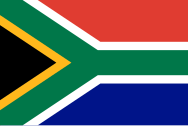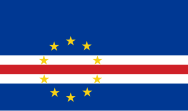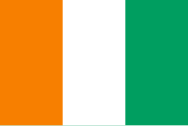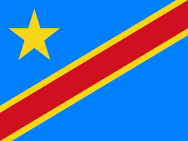- Niger - History
- Niger - Kingdoms
- Niger - Royal Archives
- Niger - Treaties
- Niger - Economy
- Niger - Technology
- Niger - Diaspora
- Niger - Culture
- Niger - Migration
- Niger - Museums
- Niger - Architecture
- Niger - Education
- Niger - Geneology
- Niger - Music
- Niger - Art
- Niger - Dance
- Niger - General
- Niger - People
Niger
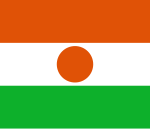
Country Flag
Niger, officially the Republic of the Niger, is a landlocked country in West Africa. It is a unitary state bordered by Libya to the northeast, Chad to the east, Nigeria to the south, Benin and Burkina Faso to the southwest, Mali to the west, and Algeria to the northwest. It covers a land area of almost 1,270,000 km2 (490,000 sq mi), making it the largest landlocked country in West Africa and the second largest landlocked nation in Africa behind Chad. Over 80% of its land area lies in the Sahara. Its predominantly Muslim population of about 25 million lives mostly in clusters in the south and west of the country. The capital Niamey is located in Niger's southwest corner along the namesake Niger River.
Following the spread of Islam to the region, Niger was on the fringes of some states, including the Kanem–Bornu Empire and the Mali Empire before more significant parts of its territory became included in states such as the Sultanate of Agadez and the Songhai Empire. It was colonized by France during the Scramble for Africa as part of French West Africa, becoming a distinct colony in 1922. Since obtaining independence in 1960, Niger has experienced five coups d'état and four periods of military rule. Niger's seventh and most recent constitution was enacted in 2010, establishing a multiparty, unitary semi-presidential system. Following the most recent coup in 2023, the country is once again under a military junta.
Its society reflects a diversity drawn from the independent histories of some ethnic groups and regions and their period living in a single state. The Hausa are the country's largest ethnic group, making up more than half the population. French is the country's official language, although it is spoken mainly as a second language and by a minority of the population; ten indigenous languages have the status of national language, of which Hausa is the most spoken one.
According to the UN's Multidimensional Poverty Index (MPI) report of 2023, Niger is one of the poorest countries in the world. Some non-desert portions of the country undergo periodic drought and desertification. The economy is concentrated around subsistence agriculture, with some export agriculture in the less arid south, and the export of raw materials, including uranium ore. It faces challenges to development due to its landlocked position, desert terrain, low literacy rate, jihadist insurgencies, and the world's highest fertility rates due to birth control not being used and the resulting rapid population growth.

